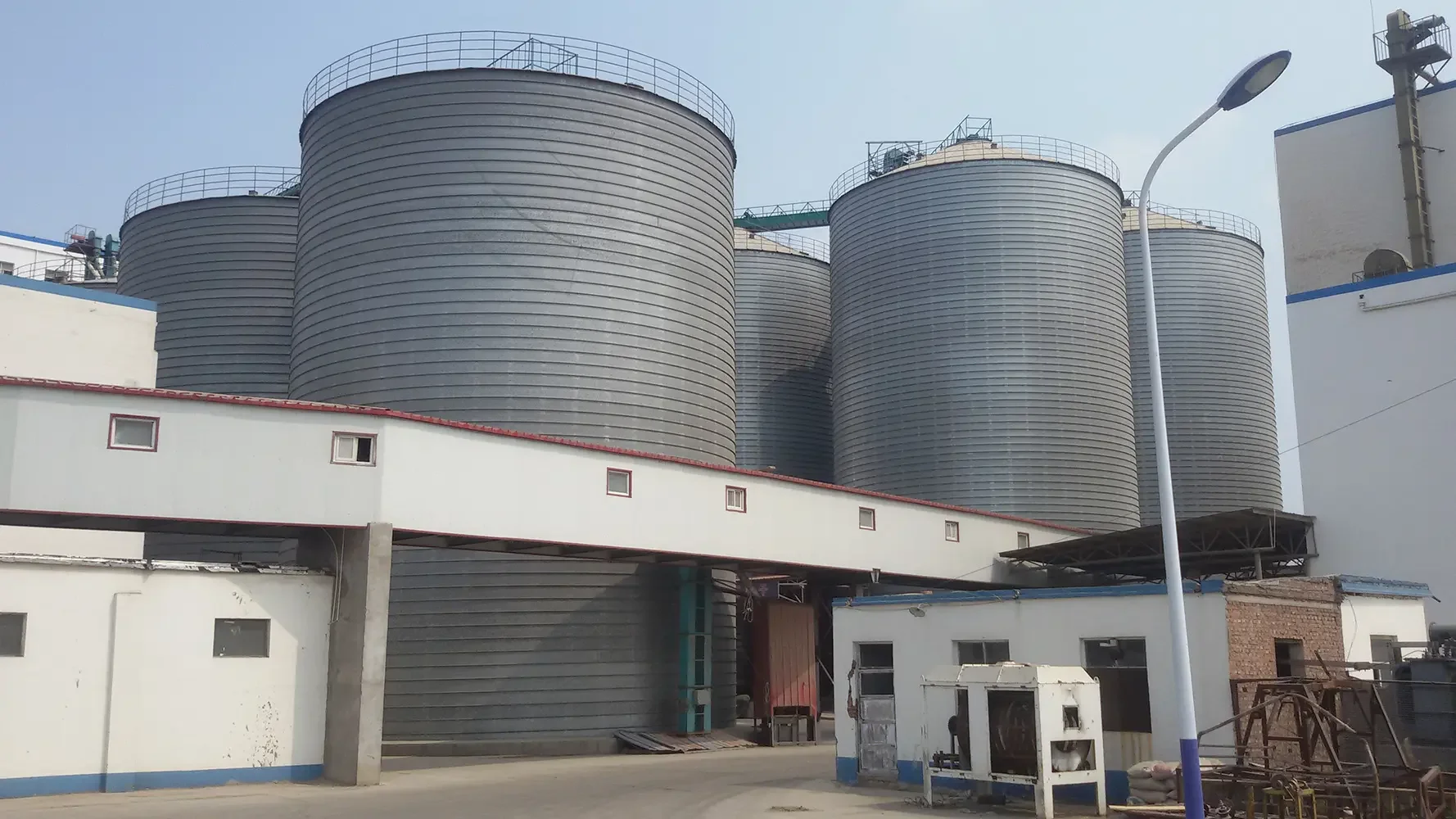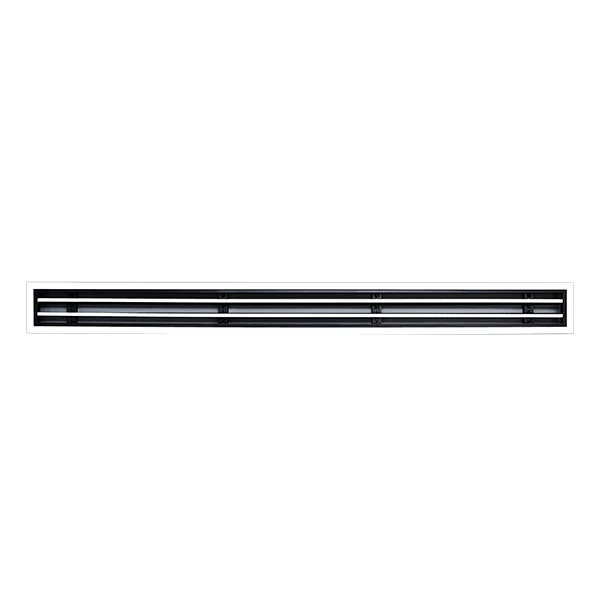In the rapidly evolving landscape of technology, the term controller encompasses a wide array of devices and systems, from gaming consoles to industrial automation. However, when we delve into the realm of speed, the question arises: What is the world's fastest controller? This inquiry not only piques the interest of tech enthusiasts but also has significant implications for various industries, including gaming, robotics, and data processing. In this article, we will explore the characteristics that define speed in controllers, examine some of the leading contenders, and discuss the future of high-speed control systems.
Understanding Controller Speed
Before identifying the fastest controller, it is essential to understand what constitutes speed in this context. Speed can be defined in several ways, including:
- Response Time: The time it takes for a controller to react to an input signal. This is crucial in applications where immediate feedback is necessary, such as in gaming or real-time simulations.
- Processing Speed: The rate at which a controller can process data and execute commands. This is particularly important in complex systems where multiple inputs and outputs must be managed simultaneously.
- Throughput: The amount of data a controller can handle in a given time frame. High throughput is vital for applications that require the processing of large volumes of information, such as in data centers or high-frequency trading systems.
Leading Contenders for the Title of Fastest Controller
Several controllers have emerged as frontrunners in the race for speed, each excelling in different aspects:
- Gaming Controllers
In the gaming industry, controllers like the Xbox Elite Series 2 and the PlayStation DualSense have set benchmarks for responsiveness and processing speed. The DualSense, for instance, features advanced haptic feedback and adaptive triggers that provide a more immersive experience, with response times that can be as low as 1 millisecond. However, when it comes to raw speed, specialized gaming controllers designed for competitive play, such as the Razer Wolverine Ultimate, often boast even lower latency, making them favorites among professional gamers.
- Industrial Controllers
In industrial automation, programmable logic controllers (PLCs) are crucial for managing complex processes. The Siemens S7-1500 series is renowned for its high-speed processing capabilities, with cycle times as low as 1 microsecond. These controllers are designed to handle real-time data processing and can manage thousands of I/O points simultaneously, making them ideal for manufacturing environments where speed and reliability are paramount.
- Robotics Controllers
In the field of robotics, speed is critical for ensuring precise movements and reactions. The Robot Operating System (ROS) has become a standard for robotic control, with controllers like the NVIDIA Jetson series offering exceptional processing speeds. These controllers leverage powerful GPUs to perform complex calculations in real-time, enabling robots to navigate and interact with their environments swiftly and accurately.
- Data Processing Controllers
In the realm of data processing, Field Programmable Gate Arrays (FPGAs) are often considered the fastest controllers. FPGAs can be configured to perform specific tasks at incredibly high speeds, with some applications achieving processing times in the nanosecond range. Companies like Xilinx and Intel are at the forefront of FPGA technology, pushing the boundaries of what is possible in high-speed data processing.
The Future of High-Speed Controllers
As technology continues to advance, the quest for faster controllers is far from over. Innovations in materials science, quantum computing, and artificial intelligence are poised to revolutionize the field. For instance, the integration of AI algorithms into controllers could enhance their ability to predict and respond to inputs, further reducing response times and increasing efficiency.
Moreover, the rise of 5G technology is expected to have a profound impact on controller speed, particularly in IoT applications. With ultra-low latency and high data transfer rates, 5G networks will enable controllers to communicate and process information faster than ever before, opening new avenues for automation and real-time data analysis.
Conclusion
Determining the world's fastest controller is not a straightforward task, as speed can be measured in various ways and is context-dependent. From gaming to industrial automation and robotics, different controllers excel in different areas. However, what remains clear is that the pursuit of speed is a driving force behind technological innovation. As we look to the future, the integration of emerging technologies will undoubtedly lead to even faster and more efficient controllers, shaping the way we interact with the digital world. The quest for speed is not just about competition; it is about enhancing capabilities and unlocking new possibilities across industries.


More Stories
Cat7a S/FTP Network Cable in High-Density Data Transmission Environments
UHF RFID Readers for Asset Management
Does a 4G Industrial Grade LTE WiFi Router with SIM Slot Work as a Reliable Wireless WAN Gateway?